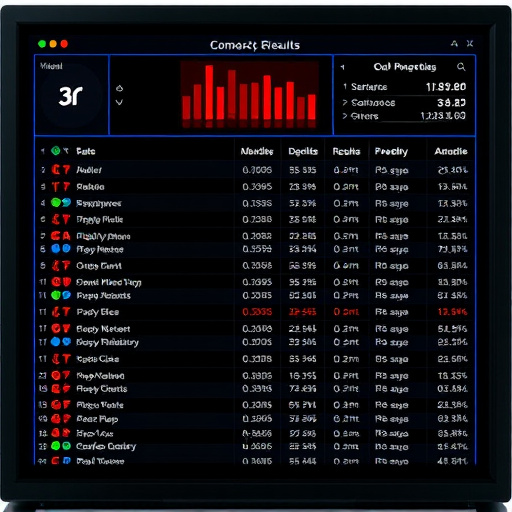Entry-level performance intakes serve as a crucial stepping stone for aspiring performers, offering structured training and skill assessment in various art forms. Beginners must prepare by consistently practicing fundamentals and seeking guidance from mentors or online resources to build confidence and stage presence. Making a strong first impression through confident body language, powerful voice projection, and visually captivating introductions is key to leaving a lasting impact and overcoming performance jitters during these intakes.
“Unleash your inner performer! If you’re new to the world of acting or singing, understanding and excelling at entry-level performance intakes is crucial. This guide offers a comprehensive journey for beginners, from preparing for your first auditions to making lasting impressions.
We’ll explore effective strategies, tips, and techniques to navigate the exciting yet challenging path of entry-level performances. Get ready to transform from novice to confident performer with our step-by-step approach.”
- Understanding Entry-Level Performance Intakes
- Preparing for Beginner Performance Parts
- Strategies for Effective First Impressions
Understanding Entry-Level Performance Intakes

For many aspiring performers, understanding entry-level performance intakes is a crucial step in their journey. These initial intakes serve as the gateway to formal training and serve to assess an individual’s basic skills and potential. Aimed at beginners, they provide a structured environment to learn the fundamentals of various art forms. Whether it’s acting, dancing, singing, or any other performance discipline, entry-level intakes focus on developing core techniques, stage presence, and artistic expression.
During these intakes, students are introduced to basic concepts, terminology, and practical exercises tailored to their chosen field. The process often involves auditions, where instructors evaluate vocal ranges, movement abilities, or dramatic interpretations. Successful candidates are then enrolled in beginner-friendly classes, workshops, or programs designed to nurture their talent over time. This initial phase is vital for building a strong foundation that will subsequently enable them to explore more advanced performance aspects.
Preparing for Beginner Performance Parts

Preparing for entry-level performance intakes can be an exciting yet daunting task for beginners. The key to success lies in dedicated practice and a structured approach. Before stepping onto the stage, it’s vital to master the basics. This involves familiarizing oneself with various performance techniques, understanding the music theory fundamentals, and developing a consistent rehearsal routine. Many beginner-level courses offer guided lessons that teach students how to interpret and execute musical pieces effectively.
To enhance their skills, aspiring performers should engage in regular self-study, utilizing available resources such as online tutorials or printouts provided by instructors. Consistent practice, combined with constructive feedback from mentors or peers, will help beginners refine their techniques, improve timing, and gain stage presence. The goal is to build confidence while honing their art, ensuring they’re ready to confidently take on the challenges of entry-level performance intakes.
Strategies for Effective First Impressions

Making a strong first impression is essential for any individual stepping into their first performance intake, whether they’re beginners or at an entry-level. The initial moments on stage can set the tone for the entire experience, so it’s crucial to employ specific strategies to captivate and engage the audience from the get-go. One effective approach is to start with a confident stance and a powerful voice projection. A simple yet impactful introduction that highlights your passion for performance art can quickly establish you as a worthy participant.
Visual aids and interactive elements are also powerful tools to consider. Using props or incorporating movement can instantly draw viewers in, especially if it’s something unexpected but fitting for the piece. Remember, the goal is to demonstrate skill, creativity, and a unique personal style while keeping the audience intrigued and eager to see more. For beginners, focusing on these techniques can help them overcome performance jitters and make a lasting impression during entry-level intakes.
For aspiring performers, navigating entry-level performance intakes is a crucial step towards their journey. By understanding the process, preparing thoroughly, and employing effective strategies for first impressions, beginners can make a strong impression. Remember, the key to success lies in embracing opportunities to learn, grow, and showcase your talent during these initial performances. With dedication and the right approach, you’ll be well on your way to excelling in the performing arts world.














